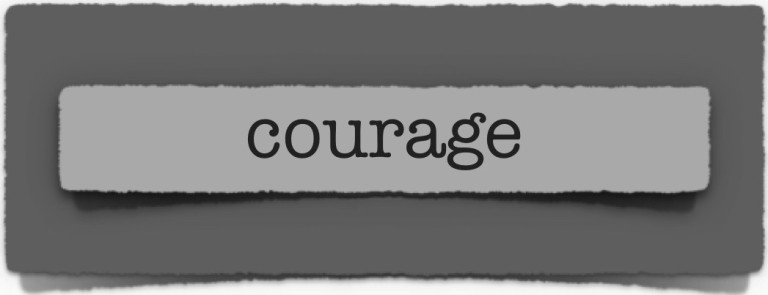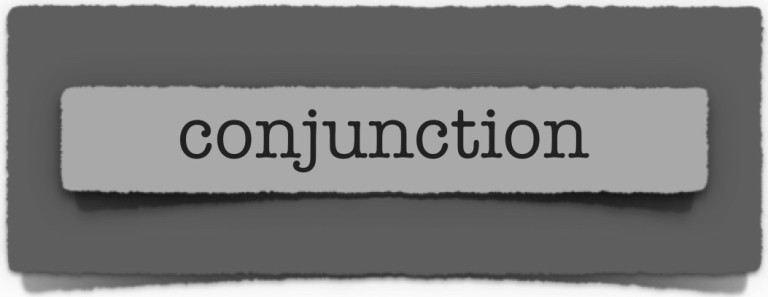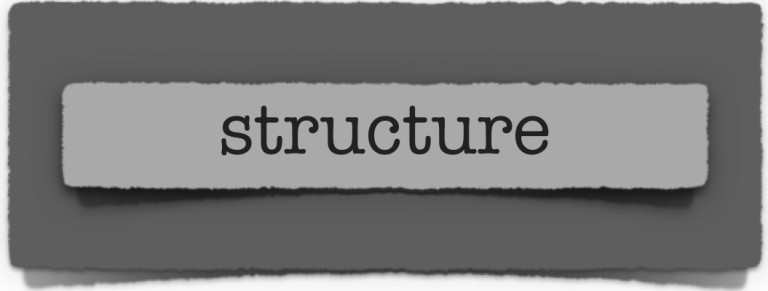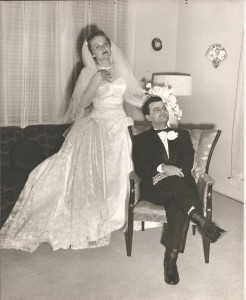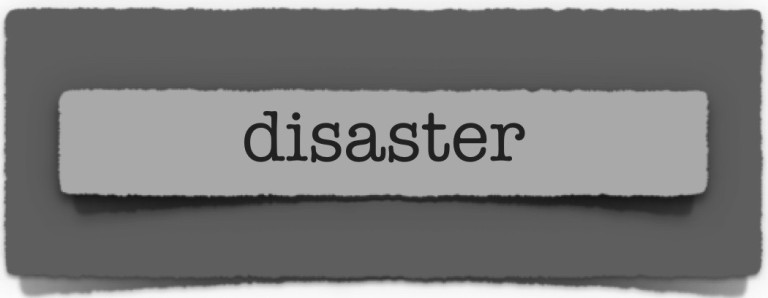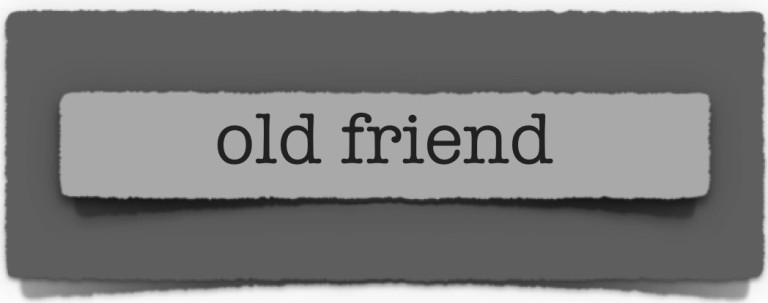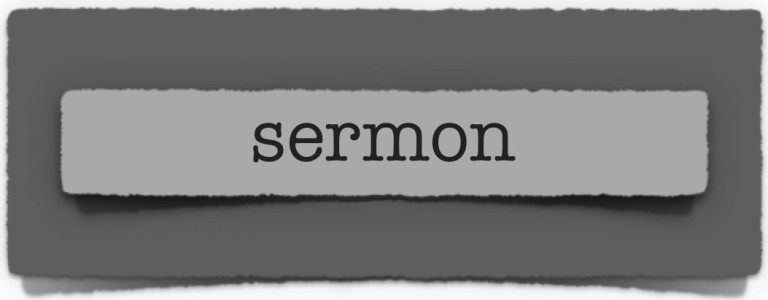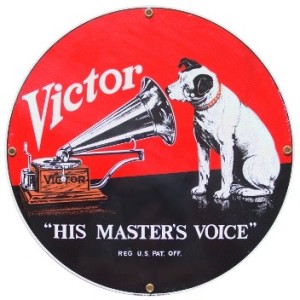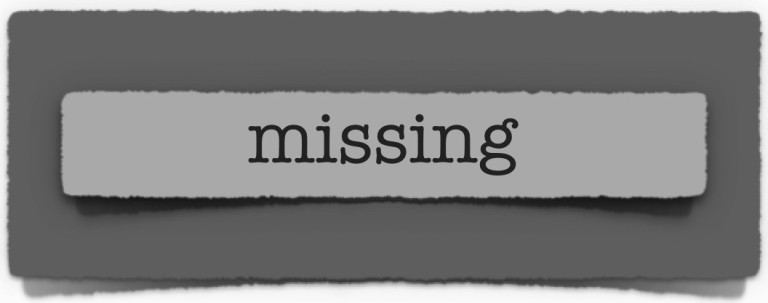”What About Me?”
Mark 5:21-43
A Sermon for First Congregational Church of Guilford UCC
February 28, 2016
Let me begin this morning by saying you’re going to hear a story you’ve heard before. In fact, you’re going to hear one you heard just a couple of weeks ago when Ginger preached about the woman who had been hemorrhaging for twelve years, or, as I learned to call her as a young boy reading from the King James Bible, the woman with the issue of blood. But this morning you are going to hear it in the context of the story that happened before and after her healing—a miracle sandwich, if you will. Mark tells the story of this woman in between another one, that is he starts an account of Jesus’s encounter with one person, this woman interrupts them, Jesus heals her, and then returns to the first person. Listen to these stories from Mark 5.
Jesus crossed the lake again, and on the other side a large crowd gathered around him on the shore. Jairus, one of the synagogue leaders, came forward. When he saw Jesus, he fell at his feet and pleaded with him, “My daughter is about to die. Please, come and place your hands on her so that she can be healed and live.” So Jesus went with him.
A swarm of people were following Jesus, crowding in on him. A woman was there who had been bleeding for twelve years. She had suffered a lot under the care of many doctors, and had spent everything she had without getting any better. In fact, she had gotten worse. Because she had heard about Jesus, she came up behind him in the crowd and touched his clothes. She was thinking, If I can just touch his clothes, I’ll be healed. Her bleeding stopped immediately, and she sensed in her body that her illness had been healed.
At that very moment, Jesus recognized that power had gone out from him. He turned around in the crowd and said, “Who touched my clothes?”
His disciples said to him, “Don’t you see the crowd pressing against you? Yet you ask, ‘Who touched me?’” But Jesus looked around carefully to see who had done it.
The woman, full of fear and trembling, came forward. Knowing what had happened to her, she fell down in front of Jesus and told him the whole truth. He responded, “Daughter, your faith has healed you; go in peace, healed from your disease.”
While Jesus was still speaking with her, messengers came from the synagogue leader’s house, saying to Jairus, “Your daughter has died. Why bother the teacher any longer?”
But Jesus overheard their report and said to the synagogue leader, “Don’t be afraid; just keep trusting.” He didn’t allow anyone to follow him except Peter, James, and John, James’ brother. They came to the synagogue leader’s house, and he saw a commotion, with people crying and wailing loudly. He went in and said to them, “What’s all this commotion and crying about? The child isn’t dead. She’s only sleeping.” They laughed at him, but he threw them all out. Then, taking the child’s parents and his disciples with him, he went to the room where the child was. Taking her hand, he said to her, “Talitha koum,” which means, “Young woman, get up.” Suddenly the young woman got up and began to walk around. She was 12 years old. They were shocked! He gave them strict orders that no one should know what had happened. Then he told them to give her something to eat. (CEB)
One of the signatures of Mark’s gospel is how much of Jesus’s ministry happens in the context of interruptions. It was not as though Peter met him when they got up in the morning and said, “Master, you need to get ready. You have to cast out the demons of the guy up on the hill at nine, sail across the Sea of Galilee by ten-thirty, calm the storm on the way, and then meet Jairus to heal his daughter around 11:45, and let a bleeding woman touch you on the way. Oh—and then we have lunch for five thousand a little after one.”
Jesus was a man on a mission, not a schedule. The point was to be available, to be in the middle of humanity, to be God With Us. Mark’s other signature is his profligate use of the word, immediately, as if Jesus has no time to lose. He goes from parable to miracle to whatever’s next with a sense of urgency: he is the Word Made Flesh so the world could see a tangible, visceral vision of God’s love. Marilynne Robinson , a fellow UCCer, says, the gospel stories “tell us that there is a great love that has intervened in history, making itself known in terms that are startlingly, and inexhaustibly, palpable to us as human beings,” and their main point “is that God is of a kind to love the world extravagantly, wondrously, and the world is of a kind to be worth . . . this pained and rapturous love.”
, a fellow UCCer, says, the gospel stories “tell us that there is a great love that has intervened in history, making itself known in terms that are startlingly, and inexhaustibly, palpable to us as human beings,” and their main point “is that God is of a kind to love the world extravagantly, wondrously, and the world is of a kind to be worth . . . this pained and rapturous love.”
Jesus had hardly stepped out of their little boat when Jairus met him. Sure, there was a crowd of people, but not a crowd of people with a sick child. Jairus had an emergency. He needed help. His helpless twelve year old daughter was in trouble. She was dying. What could be more important than that?
Step back. Wait your turn. Jesus is here for me. For me.
Still, the crowd pressed close. As Jesus and Jairus pushed through the throng of humanity, they passed the woman who had been bleeding for twelve years. She knew nothing of the girl. She trusted that this was her chance. Sure, there was a crowd of people, but not a crowd of people who were suffering from an endless hemorrhage. She needed help. She needed to touch him. What could be more important than that?
Step back. Wait your turn. Jesus is here for me. For me.
And so she pushed her way through the crowd, past Jairus, and touched the hem of Jesus’s tunic.
When we look at the stories as they are being told side by side, we can look at the contrasts between the two people: rich, poor; powerful, powerless; asks for healing, takes the healing without asking; a twelve-year-old girl with a sudden and deadly illness, and a twelve-year-old chronic illness in a grown woman; a girl who is touched by Jesus and raised from the dead, and a woman who touches Jesus who is healed while still very much alive.
When we look at the heart of the stories, we see they are the same story with different circumstances. They are, the stories of two people come in contact with Jesus and are transformed from death to life, just like us.
Frederick Buechner writes beautifully about these two stories and says,
Little girl. Old girl. Old boy. Old boys and girls with high blood pressure and arthritis, and young boys and girls with tattoos and body piercing. You who believe, and you who sometimes believe and sometimes don’t believe much of anything, and you who would give almost anything to believe if only you could. You happy ones and you who can hardly remember what it was like once to be happy. You who know where you’re going and how to get there and you who much of the time aren’t sure you’re getting anywhere. “Get up,” he says, “all of you!”—all of you!—and the power that is in him is the power to give life not just to the dead like the child, but to those who are only partly alive, which is to say to people like you and me who much of the time live with our lives closed to the wild beauty and miracle of things, including the wild beauty and miracle of every day we live and even of ourselves.
Yes. Yes. Jesus came that we might have life and have it more abundantly, as John wrote. Remember that. Trust that. Stake your life on that.
And then I want to ask you to go back to the story for one more thing. Look past Jesus and look at Jairus for a moment. He meets Jesus before both feet are even on dry land to plead his case: my daughter is dying; you must come. They begin walking, but then Jesus stops to deal with some woman and, by the time he has finished talking to her, the servants have arrived to tell Jairus his daughter is dead. It’s too late. Mark notes Jesus’s response to them, but there’s nothing about Jairus. No rant. No explosion. No trace of why-did-you-have-to-stop-for-her-and-now-my-daughter-is-dead. No What About Me.
Jesus said, “Don’t be afraid. Keep trusting,” and Jairus did. He trusted that there was no shortage on God’s love. He trusted that Jesus did not spend everything on that woman. He trusted, somehow, that his great pain was not the only pain, and that the healing of the woman who had been bleeding as long as his daughter had been breathing not only mattered, but was connected. He needed her to be healed, even as she needed his daughter to live. Neither of them was going to run out of the love Jesus was offering. There was no shortage.
If we need help, then speak up. Reach out. There are times when we need to push through the crowd a bit, or call out a name, when we need to be willing to let those who can help us know we are hurting. And—not but—and we must remember we are not the only ones who are dying inside. Everyone in the crowd is part of the walking wounded. As Ginger quoted last week, “Be kind, for everyone is fighting a great battle.” Yes, and that battle is not against one another.
So let us go out into the streets, cross whatever lakes and rivers we must to do what we do, ask for help and healing when we need it, and leave ourselves open to interruptions, both from those who need our love and who have come to love us. My church family, there is more of God’s wondrous love than we can imagine, and it is that love that we are called to extravagantly share in Jesus’s name. Amen.
Peace,
Milton
, and centers around the story of Jacob. As a result, the idea of an altar has been on my mind, which has led me to repeated listening to one of my favorite songs by my friend, Bob Bennett, “Altar in the Field.” It follows my poem.

